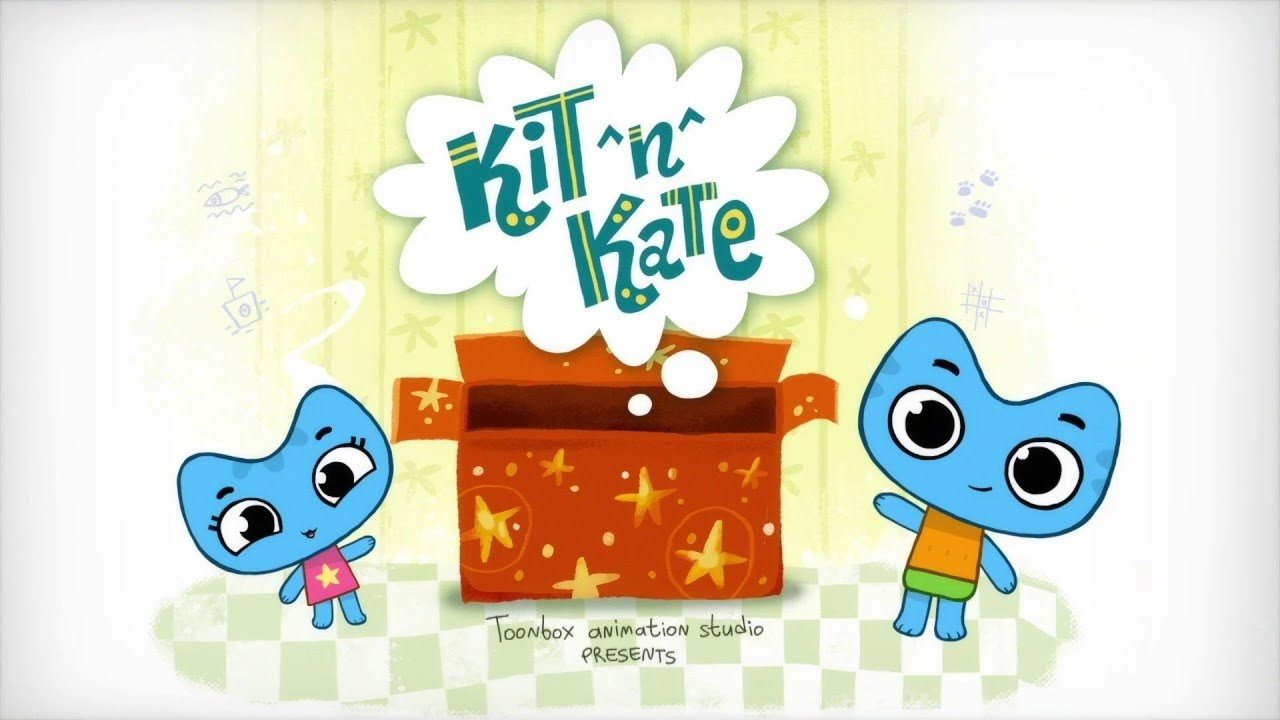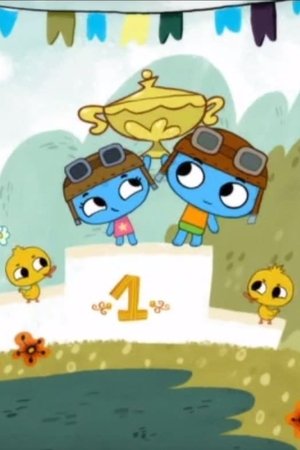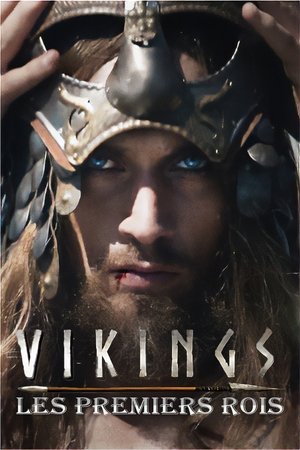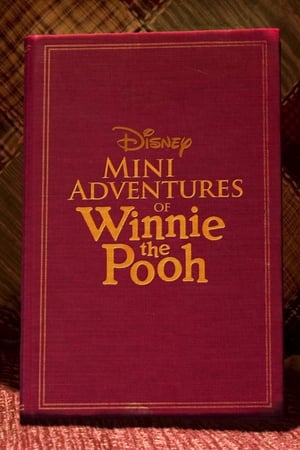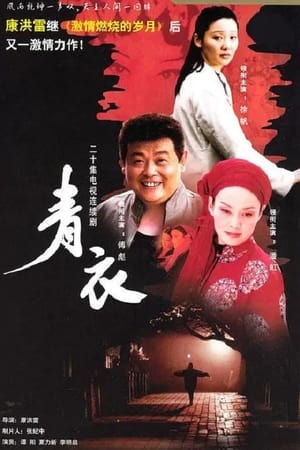Top 4 Billed Cast
Recommendations TVs
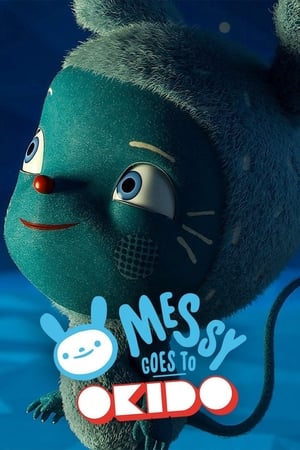
Messy goes to OKIDO (en)
OKIDO is a comedy adventure, science-educational series following a curious, adventure seeking and unruly monster called Messy as he finds the answers to everything a 3-5 year old child wants to know. Why do things fall down and not up? Where do echoes come from? Messy goes on incredible adventures with his two best friends, Zoe and Felix to find the answers. They are helped along the way by the bonkers science trio Zim, Zam and Zoom. Together they will fly to the moon, shrink to the size of atoms and fly on the back of a giant butterfly.
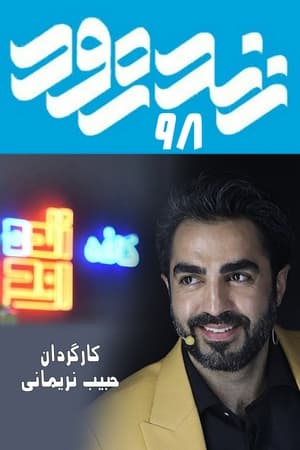
Zendeh Rood 98 (fa)
Zendeh Rood is an Iranian television program with a cultural and social focus that is broadcast live on Fridays on two Iranian national channels.
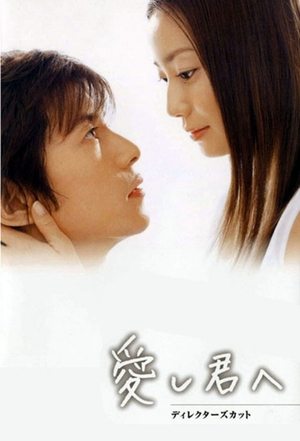
To the One I Love (ja)
What if the one you love were destined to lose his eyesight in three months? What would you like him to see last? If you were him, what would you want to see last? Shiki Tomokawa is a new pediatrician who is enjoying her life. She falls in love with Shunsuke, a cameraman, who is destined to lose his eyesight in a couple of months. How will Shiki react when she finds out Shunsuke's destiny? "To the One I Love" takes place in two contrasting cities?in the hustle and bustle of Tokyo, and in the peaceful city of Nagasaki, and depicts both the joys and sadness of life, and the interaction with family and friends.
Africa From the Ground Up (en)
Acclaimed zoologist Dr. Rudolf Lammers puts a new spin on African wildlife filming. We observe life from the ground up to show the perspectives of each creature and its position in the food chain.
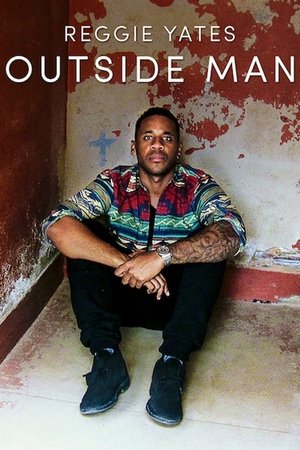
Reggie Yates: Outside Man (en)
Award-winning filmmaker Reggie Yates travels around the world tackling big issues such as gun violence, racism, gay rights and addiction.
GameTechChannel (en)
GameTechChannel is a YouTube Channel for multiple games. They strive to make videos that everybody can enjoy. Every game they are interested in or play, gets uploaded.
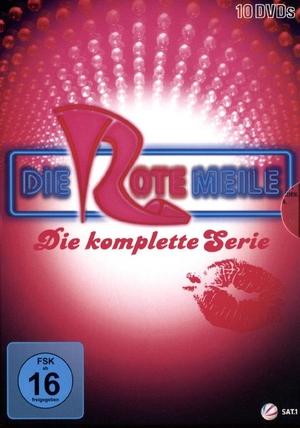
Die Rote Meile (de)
Die Rote Meile is a German television drama that aired on Sat.1 and follows the lives of strippers, prostitutes and their pimps in the district of St. Pauli in Hamburg. The first season premiered on 1 October 1999 and consisted 26 episodes. The show was a rival to the RTL drama Hinter Gittern - Der Frauenknast; both airing in the same time-slot - Monday nights at 9:15 pm. A second season was ordered by the network in the spring of 2000 and started airing on Thursday nights at 8:15 pm on 14 December 2000. The show was canceled in the beginning of 2001, airing its last episode on 8 March 2001.
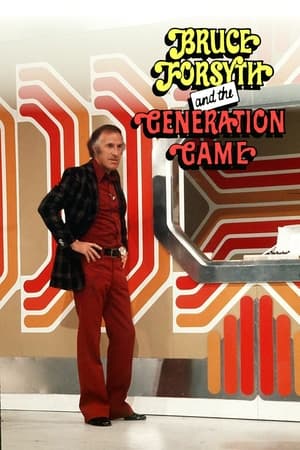
The Generation Game (en)
The Generation Game was a British game show produced by the BBC in which four teams of two competed to win prizes. The programme was first broadcast in 1971 under the title Bruce Forsyth and the Generation Game and ran until 1982, and again from 1990 until 2002. The show was based on the Dutch TV show Een van de acht, "One of the Eight", the format devised in 1969 by Theo Uittenbogaard for VARA Television. Mrs. Mies Bouwman - a popular Dutch talk show host and presenter of the show - came up with the idea of the conveyor belt. She had seen it on a German programme and wanted to incorporate it into the show. Another antecedent for the gameshow was 'Sunday Night at the London Palladium' on ATV, which had a game called Beat the Clock, taken from an American gameshow. It featured married couples playing silly games within a certain time to win prize money. This was hosted by Bruce Forsyth from 1958, and he took the idea with him when he went over to the BBC. During the 1970s, gameshows became more popular and started to replace expensive variety shows. Creating new studio shows was cheaper than hiring a theatre and paying for long rehearsals and a large orchestra, and could secure a similar number of viewers. With less money for their own productions, a gameshow seemed the obvious idea for ITV. As a result many variety performers were recruited for gameshows. The BBC, suffering poor ratings, decided to make its own gameshow. Bill Cotton, the BBC's Head of Light Entertainment, believed that Bruce Forsyth was best for the job. For years, The Generation Game was one of the strong shows in the BBC's Saturday night line-up, and became the number one gameshow on British television during the 1970s, regularly gaining over 21 million viewers. However, things were about to change. LWT, desperate to end the BBC's long-running ratings success on a Saturday night, offered Forsyth a chance to change channel to host The Big Night.
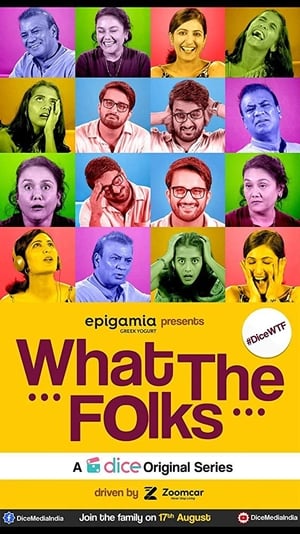
What the Folks (hi)
What The Folks' is a journey of how modern families are breaking stereotypes, overcoming generation gaps, and growing to love one another, despite having starkly different world views.
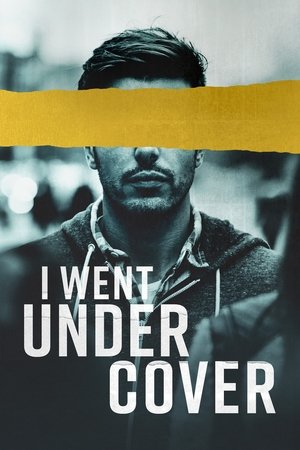
I Went Undercover (en)
Undercover work is the most exciting, but risky part of law enforcement. However, when everyday citizens with no formal training go undercover, anything can happen. Doing the right thing has never been more dangerous.

JK-Meshi! (ja)
Three high school girls have mastered the art of cooking simple, B-class dishes called JK meshi. The three girls — Reina, Ryouka, and Ruriko — are all classmates in their second year of high school. They often get distracted when studying for tests, and when they do, they cook JK meshi.
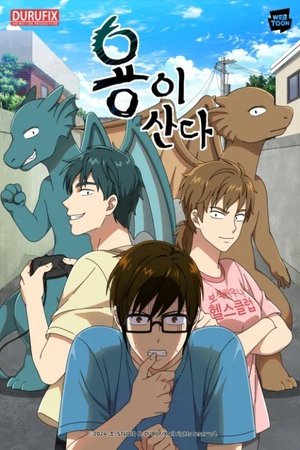
The Dragon Next Door (ko)
Meet my neighbor—a typical fantasy novelist, more than a little scatterbrained, likes to gossip, borrow things without asking, and play MMORPGs. Oh, and by the way, he's a dragon in disguise named Dragon Kim.

Apostrophes (fr)
Apostrophes was a live, weekly, literary, prime-time, talk show on French television created and hosted by Bernard Pivot. It ran for fifteen years (724 episodes) from January 10, 1975, to June 22, 1990, and was one of the most watched shows on French television (around 6 million regular viewers). It was broadcast on Friday nights on the channel France 2 (which was called "Antenne 2" from 1975 to 1992). The hourlong show was devoted to books, authors and literature. The format varied between one-on-one interviews with a single author and open discussions between four or five authors.
